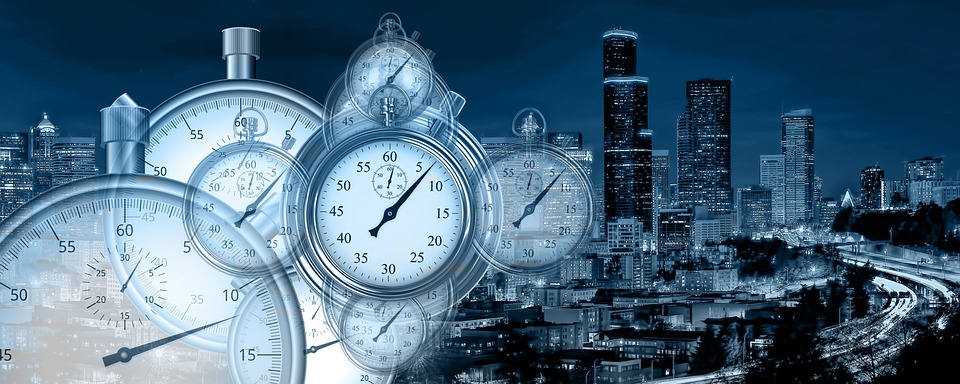World Bank: Global Economic Growth Expected To Slow To 2008 Levels

Image Source: Pixabay
Most people in the mainstream concede that the economy is heading for a recession, but the consensus seems to be that downturn will be short and shallow. Projections by the World Bank undercut that optimism.
According to the World Bank, global growth in 2023 will slow to the lowest level since the 2008 financial crisis.
In other words, the World Bank is predicting the beginning of Great Recession 2.0.
You might recall that the Great Recession was neither short nor shallow.
In fact, World Bank Group chief economist and senior vice president Indermit Gill said, “The world economy is in a precarious position.”
According to the World Bank’s new Global Economic Prospects report, global growth is projected to decelerate to 2.1% this year, falling from 3.1% in 2022. The bank forecasts a significant slowdown during the last half of this year.
That would match the global growth rate during the 2008 financial crisis.
According to the World Bank, higher interest rates, inflation, and more restrictive credit conditions will drive the economic downturn.
The report forecasts that growth in advanced economies will slow from 2.6% in 2022 to 0.7% this year and remain weak in 2024.
Emerging market economies will feel significant pain from the economic slowdown. Yahoo Finance reported, “Higher interest rates are a problem for emerging markets, which already were reeling from the overlapping shocks of the pandemic and the Russian invasion of Ukraine. They make it harder for those economies to service debt loans denominated in US dollars.”
The World Bank report paints a bleak picture.
The world economy remains hobbled. Besieged by high inflation, tight global financial markets, and record debt levels, many countries are simply growing poorer.”
Absent from the World Bank analysis is any mention of how more than a decade of artificially low-interest rates and trillions of dollars in quantitative easing by central banks created the wave of inflation that continues to sweep the globe, along with massive levels of debt and all kinds of economic bubbles.
If you listen to the mainstream narrative, you would think inflation just came out of nowhere, and central banks are innocent victims nobly struggling to save the day by raising interest rates. Pundits fret about rising rates but never mention that rates were only so low for so long because of the actions of central banks. And they seem oblivious to the consequences of those policies.
But being oblivious doesn’t shield you from the impact of those consequences.
In reality, central banks and governments implemented policies intended to incentivize the accumulation of debt. They created trillions of dollars out of thin air and showered the world with stimulus, unleashing the inflation monster. And now they’re trying to battle the dragon they set loose by raising interest rates. This will inevitably pop the bubble they intentionally blew up. That’s why the World Bank is forecasting Great Recession-era growth. All of this was entirely predictable.
After all, artificially low-interest rates are the mother’s milk of a global economy built on easy money and debt. When you take away the milk, the baby gets hungry. That’s what’s happening today. With interest rates rising, the bubbles are starting to pop.
And it’s probably going to be much worse than most people realize. There are more malinvestments, more debt, and more bubbles in the global economy today than there were in 2008. There is every reason to believe the bust will be much worse today than it was then.
In other words, you can strike “short” and “shallow” from your recession vocabulary.
Even the World Bank is hinting at this.
More By This Author:
Trade Deficit Surges To Highest Level In Six Months
What Central Banks Giveth They Taketh Away; Wave Of Corporate Defaults On The Horizon
Big Sale By Turkey Dropped Global Central Bank Gold Reserves For First Time In A Year



